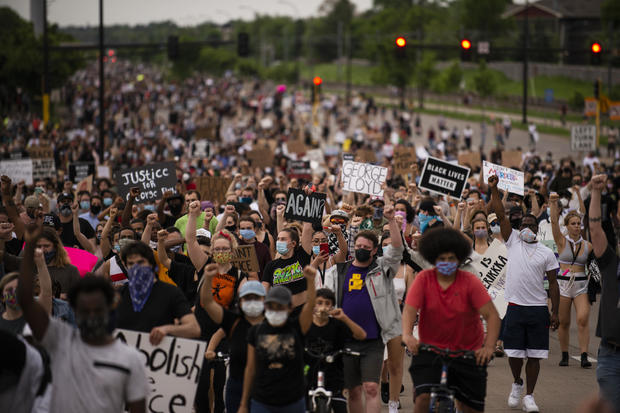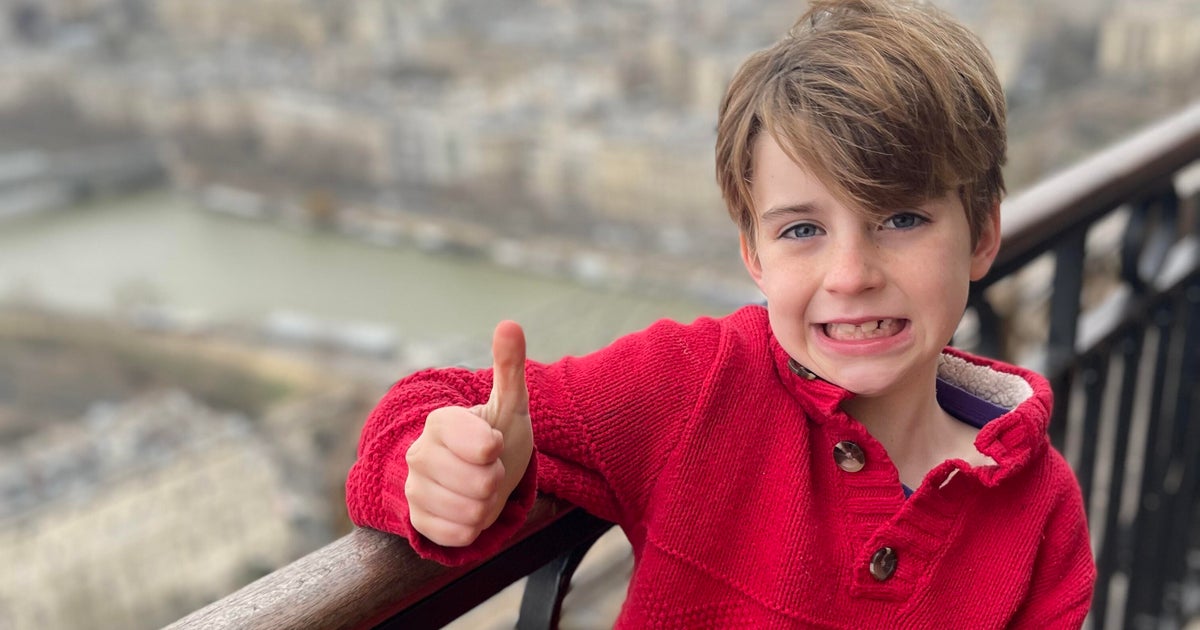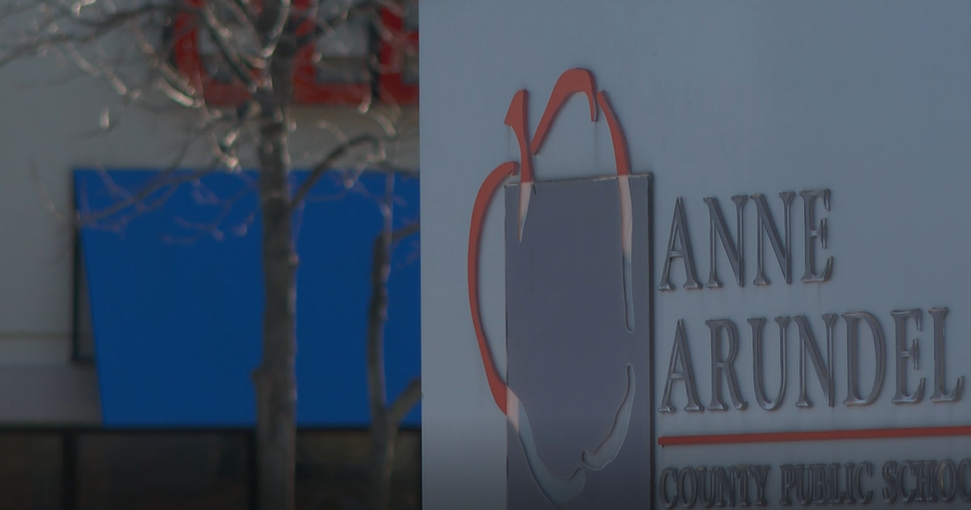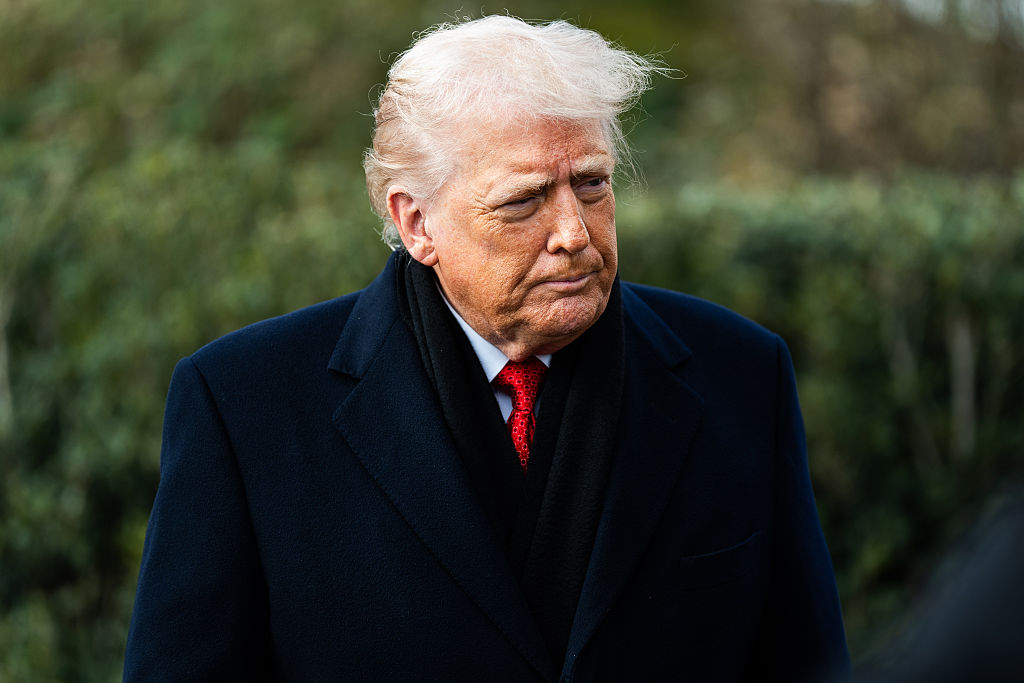Minneapolis declares racism a public health emergency
The city council of Minneapolis, Minnesota, approved a resolution Friday officially declaring racism a public health emergency. The resolution comes nearly two months after George Floyd, a Black man, died after a White Minneapolis police officer knelt on his neck.
"Systemic racism is among the greatest long-term threats our city and nation are facing, and the last two months have made that reality painfully clear," said Mayor Jacob Frey in a press release issued by the city. "For Minneapolis to be a place where everyone can live and thrive, we must recognize this crisis for what it is and approach policymaking with the urgency it deserves."
According to studies highlighted in the city's resolution, "Black people are three times more likely to be killed by police as white people in this country." The imbalance has effected mental health in the Black community, but only one in three Black Americans who need mental health care receive it.
The resolution notes that "the killings of unarmed Black men are associated with an increase in depression and emotional issues for Black people." Dr. Jess Clemons of "Ask Dr. Jess" told "CBS This Morning" in June that a lack of mental healthcare access has hit America's Black population the hardest.
"We're expected to not only present with symptoms, but also have nowhere to go, because lack of access, the stigma, and barriers associated with it," Clemons said.
The resolution also notes that Minneapolis ranks "as one of the worst regions for racial gaps in home ownership, poverty, median income and obtaining a high school diploma."
"Racism in all its forms causes persistent discrimination and disparate outcomes in many areas of life, including housing, education, health, employment, public safety and criminal justice; exacerbated further by the COVID-19 pandemic crisis," the resolution said.
The city council has also committed to allocate funding, staff and resources to "actively engage in racial equity in order to name, reverse, and repair the harm done to BIPOC."
Council members pledged to take a series of "action steps," including several aimed at the city's law enforcement:
- Address our criminal justice system to stop the profiling and harm done to BIPOC. This includes but is not limited to decarceration and reserving arrest only for violent and other major crimes and easing and dismissing cash bail.
- Build and implement a comprehensive public safety system that decentralizes BIPOC over-policing and criminalization and is rooted in the public health approach to keep BIPOC communities disproportionately impacted by community violence safe.
- Develop a comprehensive rapid response protocol to immediate needs and long-term work to address systemic inequities. This includes activating the Office of Emergency Management and Incident Command System, the Health Department, the Division of Race & Equity, and other public facing departments to respond to community stress and trauma.
"Racism is the underlying disease to all of the racially inequitable results we are living with today, and we have to name that if we are to heal it. This action is the first step in long overdue restorative measures for our BIPOC community," City Council Member Phillipe Cunningham said in the press release.
"The passing of this resolution means that we as local elected officials understand that antiracism must be centered in all that we do as we work to ensure that Minneapolis is at the forefront of achieving racial equity."




